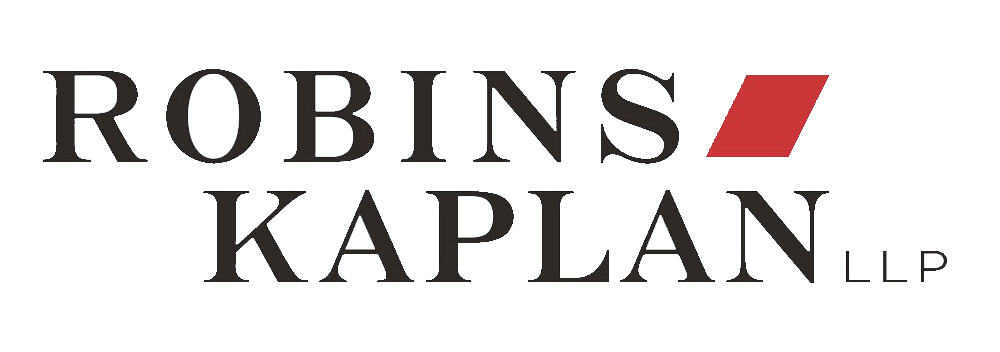
Sharon Roberg-Perez
Partner, Intellectual Property and Technology Litigation Group
Robins Kaplan LLP
Sharon Roberg-Perez is a partner in the Intellectual Property and Technology Litigation Group at Robins Kaplan. She is an M.I.T-trained Ph.D. who leverages over a decade of experience working as a molecular biologist in her legal practice. She serves on the firm’s diversity committee and has been an instructor in the firm’s Exceptional Advocate Training Program. She has been recognized for her professional accomplishments and leadership, being named an “Up and Coming Attorney” by Minnesota Lawyer, a “Super Lawyer” by Super Lawyers, and a 2014 fellow of the Leadership Council on Legal Diversity.
Dr. Roberg-Perez’s practice focuses on intellectual property disputes between biotechnology, medical devices, or life sciences companies. She represents clients of all sizes, ranging from start-up companies to one of the world’s largest medical device manufacturers. By virtue of her earlier career as a research scientist, including at biotechnology and genomics start-up companies, she is well versed at explaining complicated, innovative concepts to varied audiences. She has been trial counsel in hard-fought, multimillion-dollar patent cases between competitors, and has handled cases involving technologies such as genotyping, DNA fingerprinting, cell-based assays, proteases, transcatheter heart valves, ICDs, spinal implants, minimally invasive knee arthroplasty techniques, and capacitive touchscreens. She is also registered to practice before the U.S. Patent and Trademark Office.
In addition to her intellectual property practice, Dr. Roberg-Perez has experience representing pro bono clients, most recently representing clients as part of Project Corazon, which was created to help reunite families separated by the current immigration policies, and serving as co-counsel with Lambda Legal in successfully representing an incarcerated transgender woman who had been denied necessary medical care under an unconstitutional, Missouri Department of Corrections’ policy.

Recent Articles by Sharon Roberg-Perez
There is a quid pro quo under the U.S. patent laws. In exchange for disclosing her invention, an inventor receives a limited monopoly. Recent developments, however, have made it harder for those in the biotechnology industry to obtain the benefit of this bargain. The written description requirement mandates that a patent specification convey to one of skill in the art that the inventors had possession of their invention as of the day they filed their patent application. Ariad Pharms., Inc. v. Eli Lilly & Co., 598 F.3d 1336, 1351 (Fed. Cir. 2010). Over the last decade, three areas have proven troublesome in the life sciences.

![[IPWatchdog Logo]](https://ipwatchdog.com/wp-content/themes/IPWatchdog%20-%202023/assets/images/temp/logo-small@2x.png)

